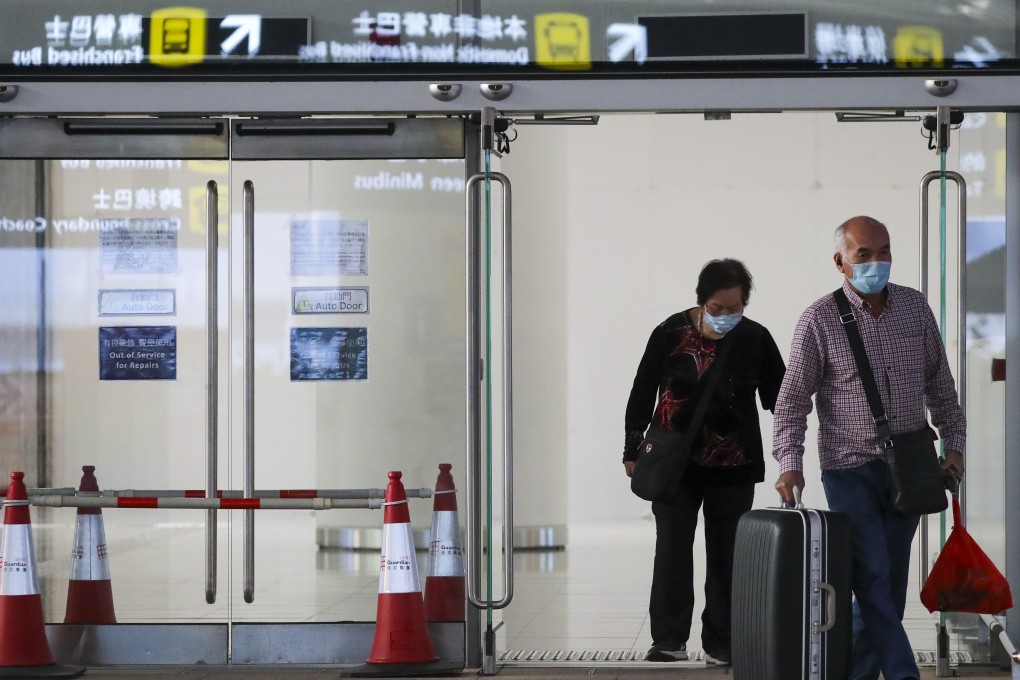Amount spent by mainland Chinese on Hong Kong life insurance policies plummets 76 per cent as Covid-19 brings visitor arrivals to a standstill
- Mainlanders, until now big spenders on Hong Kong policies, spent only HK$839 million in the second quarter, down 85 per cent from the first
- Bank deposits in July rose 2.7 per cent, the biggest jump in two years as hot money flooded in, chasing IPOs

Mainlanders spent a total of HK$6.2 billion (US$799.96 million) on life policies in Hong Kong in the first half of the year, a 76 per cent decline from the same period a year ago, according to the Insurance Authority. They accounted for 10 per cent of the total spent.
By far the most pronounced part of the decline came between April 1 and June 30, once full restrictions to contain the virus had been implemented. During that period, mainlanders spent only HK$839 million on life insurance products in the city, down 85 per cent from HK$5.4 billion in the first quarter.
Number of mainland visitors to the city dropped 90 per cent to 2.68 million in the first half, according to Hong Kong Tourism Board.
Mainland tourists must buy their insurance products in person in the city, so the sharp fall in tourist numbers has hit the industry and its 100,000 salespeople hard this year.
The lack of mainlanders resulted in a 34 per cent year-on-year decrease in total sales of new life policies in Hong Kong in the first six months.